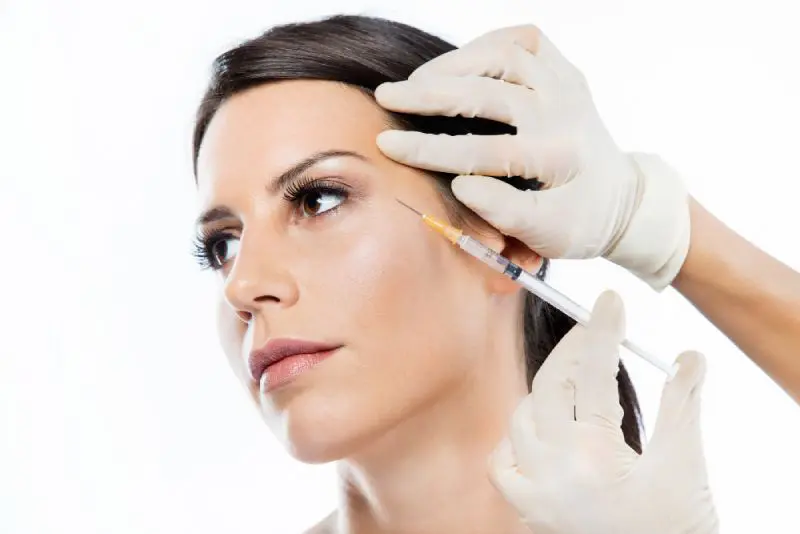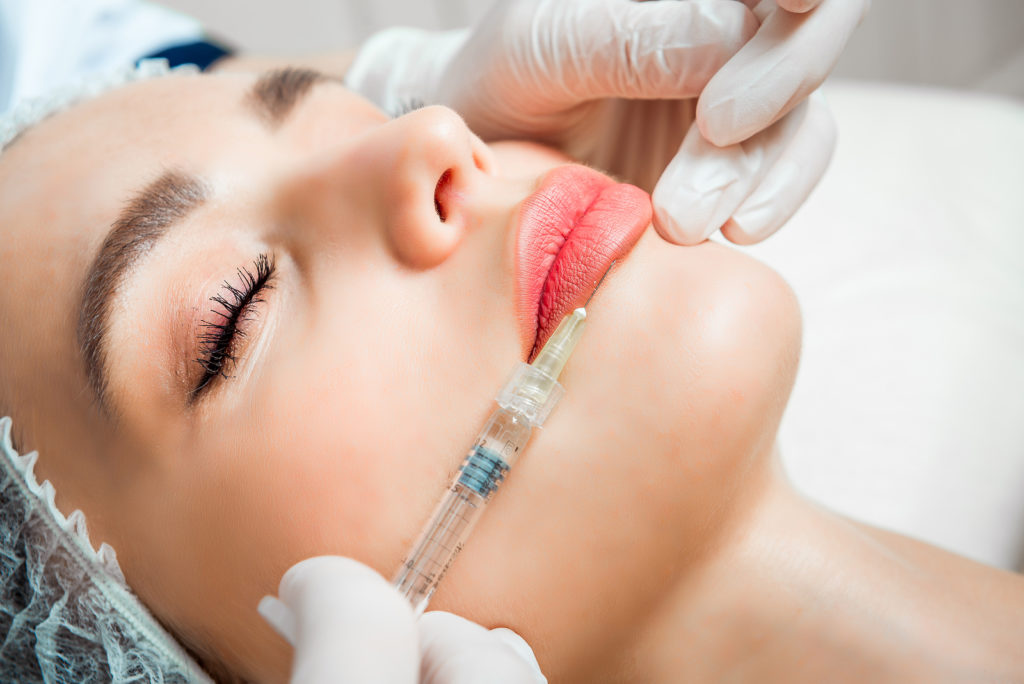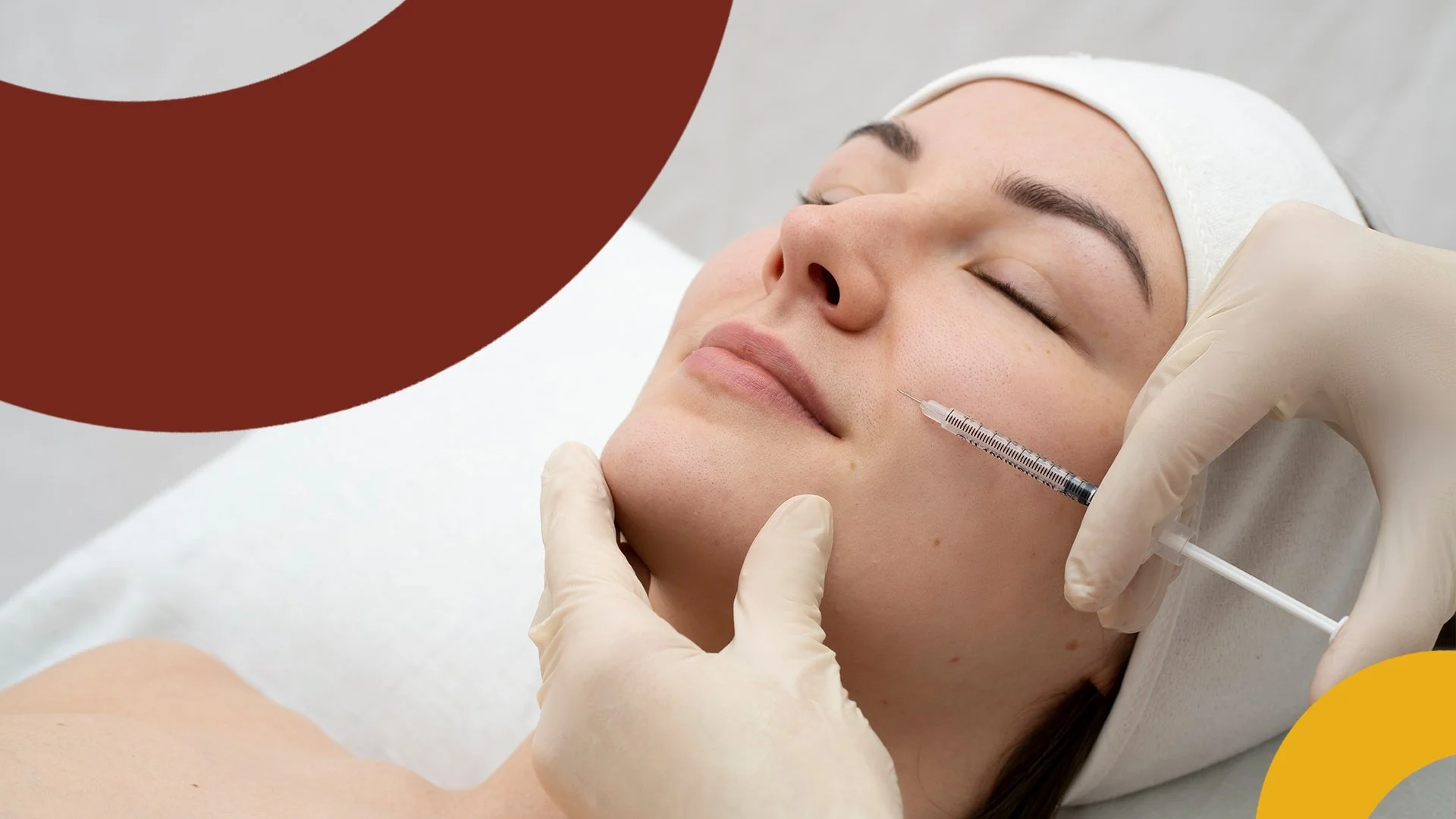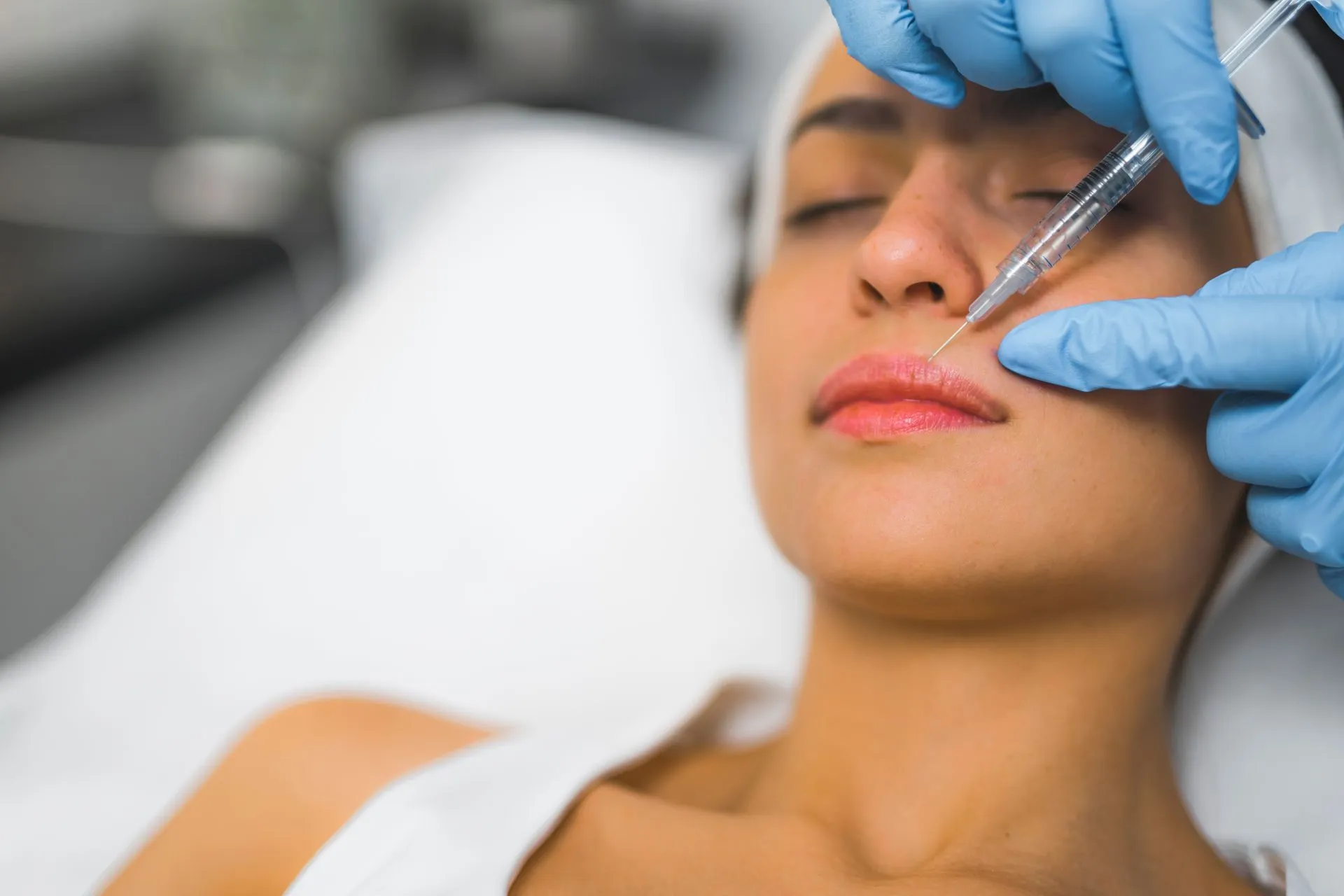Dry, flaky, or tight-feeling skin is something many people struggle with. The first thing most of us do is reach for a moisturizer, expecting it to fix the issue instantly. But what if your skin still feels rough, itchy, or dehydrated even after moisturizing?
If you’ve been asking yourself, “Why is my skin so dry even after moisturizing?” you’re not alone. This is a common frustration, and the truth is—moisturizer alone isn’t always enough. There are several reasons your skin might not be absorbing hydration properly, and understanding them can help you finally get relief.
Let’s break down the possible causes and solutions in a simple, human-friendly way.
Understanding Skin Dryness
Before diving into the “why,” it helps to understand how skin hydration works.
Your skin has a natural protective barrier (the skin barrier or acid mantle) made of lipids, natural oils, and water. This barrier keeps moisture in and harmful irritants out. When it’s working properly, your skin feels soft, smooth, and balanced.
But if this barrier gets damaged—through harsh products, weather changes, or lifestyle habits—your skin loses water quickly, and no matter how much moisturizer you apply, it still feels dry.
Why Is My Skin So Dry Even After Moisturizing?
There’s not one simple answer. Dryness can come from multiple sources, and sometimes it’s more about what’s happening inside your body rather than just what you put on your skin.
Here are the most common reasons:
1. You’re Using the Wrong Moisturizer
Not all moisturizers are created equal. Some are lightweight lotions designed for oily or normal skin, while others are rich creams meant for very dry skin.
- If you’re using a light, water-based product, it may evaporate quickly without locking in hydration.
- For extremely dry skin, you need a moisturizer with occlusives (like petrolatum, shea butter, or ceramides) that seal water into the skin.
Think of it like putting water on a cracked sponge—without the right seal, it dries out again fast.
2. Your Skin Barrier Is Damaged
If your skin barrier is compromised, even the best moisturizer won’t work properly. Signs of a damaged barrier include:
- Persistent dryness
- Redness or irritation
- Sensitivity to products
- Flaking or rough texture
This often happens due to over-exfoliating, using harsh cleansers, or exposure to cold and dry air. In this case, focus on gentle, fragrance-free, barrier-repairing creams with ceramides, hyaluronic acid, and fatty acids.
3. You’re Not Applying Moisturizer the Right Way
Believe it or not, how you apply moisturizer matters. The best time to apply it is when your skin is still slightly damp after cleansing or showering. This helps trap water in the skin.
If you wait too long and apply on completely dry skin, the product just sits on top and doesn’t hydrate as effectively.
4. Environmental Factors Are Against You
Weather has a huge impact on skin. In winter, cold air outside and dry indoor heating strip moisture away. In summer, air conditioning can do the same. Living in a dry climate also makes your skin lose water more quickly.
Using a humidifier indoors and adjusting your skincare with the seasons can make a big difference.
5. Underlying Skin Conditions
Sometimes dryness is not just “dry skin” but actually part of a skin condition like:
- Eczema (atopic dermatitis) – causes dry, itchy, inflamed skin.
- Psoriasis – leads to thick, scaly patches that resist normal moisturizers.
- Seborrheic dermatitis – dryness combined with redness and flaking, especially around the nose, eyebrows, or scalp.
If you suspect one of these, you may need a dermatologist’s help.
6. Dehydration From Within
Dry skin doesn’t always mean a lack of oil—it can also mean a lack of water. If you’re not drinking enough fluids, consuming too much caffeine or alcohol, or living in a hot climate, your skin may be dehydrated from the inside out.
7. Lifestyle and Habits
A few common habits make skin dryness worse:
- Long, hot showers that strip natural oils
- Using harsh soaps or cleansers
- Skipping sunscreen (sun damage weakens the barrier)
- Smoking, poor diet, or lack of sleep
All of these prevent your skin from holding onto moisture.
How to Fix Dry Skin That Won’t Improve
If your moisturizer isn’t working, here’s how you can improve your skin’s hydration:
Choose the Right Ingredients
Look for products with a mix of:
- Humectants (pull water into skin): hyaluronic acid, glycerin, aloe vera
- Emollients (smooth skin texture): squalane, jojoba oil, shea butter
- Occlusives (lock in water): petrolatum, lanolin, beeswax
Follow a Simple Routine
- Use a gentle, fragrance-free cleanser.
- Apply moisturizer on damp skin.
- Reapply during the day if needed.
- Add sunscreen in the morning.
Support Your Skin From Within
- Drink enough water daily.
- Eat foods rich in healthy fats (avocados, nuts, salmon).
- Limit alcohol and caffeine.
Use Environmental Helpers
- Run a humidifier in winter.
- Avoid very hot showers.
- Wear gloves and protective clothing in cold weather.
Quick Comparison Table
| Cause of Dryness | How It Feels | Solution |
|---|---|---|
| Wrong moisturizer | Tight, no relief after lotion | Switch to cream with ceramides/sheabutter |
| Damaged barrier | Sensitive, red, flaky | Gentle, barrier-repair moisturizer |
| Bad application | Sits on top of skin | Apply on damp skin |
| Weather/climate | Worse in winter/AC | Humidifier, richer creams |
| Skin conditions | Persistent dryness & irritation | Dermatologist treatment |
| Internal dehydration | Dull, tired skin | Drink more fluids, eat hydrating foods |
When to See a Dermatologist
If you’ve tried different moisturizers, adjusted your routine, and your skin is still extremely dry, itchy, or painful, it’s best to seek professional advice. Chronic dryness can sometimes be a sign of an underlying condition that requires prescription creams or treatment.
Final Thoughts
Asking “Why is my skin so dry even after moisturizing?” is more common than you think. The answer is usually a mix of external and internal factors—from using the wrong products to lifestyle choices and even medical conditions.
The good news is that with the right routine, supportive habits, and sometimes professional guidance, you can restore your skin’s natural softness and comfort. Moisturizer is just one piece of the puzzle—you also need to support your skin barrier, hydrate from within, and adapt to your environment.
FAQs About Dry Skin and Moisturizing
1. Can drinking more water really help dry skin?
Yes, hydration plays a role in skin health. While drinking water won’t instantly “fix” dryness, being dehydrated can make skin worse. Combining proper hydration with topical care is best.
2. How many times a day should I moisturize dry skin?
Once in the morning and once at night is usually enough, but if your skin feels tight, you can reapply during the day—especially after washing your hands or face.
3. Is petroleum jelly good for very dry skin?
Yes, petroleum jelly (Vaseline) is one of the most effective occlusives. It locks in moisture and helps repair the skin barrier, though some people find it greasy.
4. Why does my face feel dry even after using hyaluronic acid?
Hyaluronic acid needs water to work. If the air is dry and you don’t seal it with a moisturizer, it can actually pull water out of your skin. Always layer it under a cream or lotion.
5. Can diet affect how dry my skin is?
Absolutely. A diet low in healthy fats, vitamins, and minerals can lead to dull, dry skin. Omega-3 fatty acids, vitamin E, and antioxidants support skin hydration from the inside.
Social Sharing
Your Content Goes Here
Latest Posts





